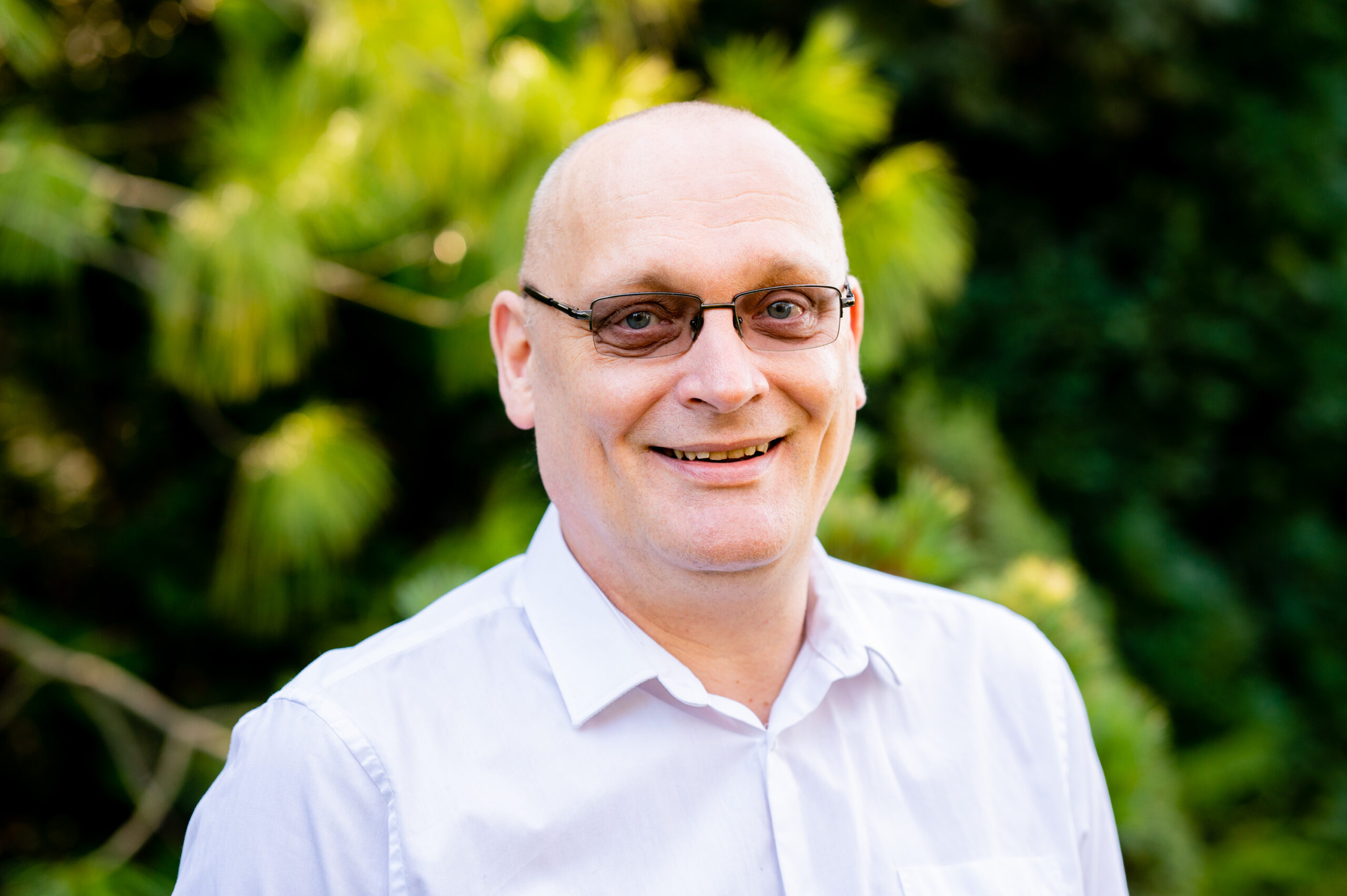Louisa Daley chats to Karl Dukes, sales and marketing director at Media Hut, about how the company’s merchandise aims to support the industry’s efforts to become more sustainable.
Media Hut is “an unusual company”, admits Karl Dukes, the firms’ sales and marketing director, as it hasn’t always sold sustainable merchandise and only began doing so eight years ago. In fact, the company started out by sending direct mail and, as more clients asked for an added item, Media Hut found itself buying more merchandise to meet their needs.
It was only when its clients began exhibiting at events that Media Hut was introduced to the events industry. “Rather than starting from the bottom up and trying to sell the exhibitors pens, we instead started from the top down and partnered up with exhibition organisers,” says Dukes. Media Hut not only supplies sustainable merchandise to exhibitors, but it also “supports exhibitors with their merchandise and provides the events industry with a managed service,” he says.
From its sustainable paper wristbands, which are fully biodegradable and embedded with flower seeds, to its solid wooden awards that are laser engraved from sustainable forests, all its products aim to help our industry be less wasteful and make a positive impact on the planet.
Dukes encourages us to recognise that sustainable products haven’t always been so in demand. “Five years ago, when we were selling merchandise, the conversation would start with: I need some merchandise, how cheap can you do it?,” reveals Dukes. However, during lockdown, the profile of sustainability has risen as people have had time to reflect on what’s important. It’s no longer just part of our CSR or a tick box exercise.
Instead, individuals are asking: what’s the most eco-friendly product you have and how much is it? “We are definitely seeing a shift in balance. We will soon consider sustainability as a currency. It will be up there with service, quality and price,” says Dukes.
What’s even more great to see is the sustainability effort being driven by the industry as a whole through various initiatives. “The industry is beginning to question the whole life of products, not just what we are doing with them,” says Dukes.
“We have adopted a long-term vision and that’s not about to change.”
For Dukes, there is one big takeaway: “We could all do better, so why aren’t we? “Sustainability isn’t going to be fixed by the top 20 companies, it needs millions of us to take a few little baby steps.”
Click here to read the feature.















